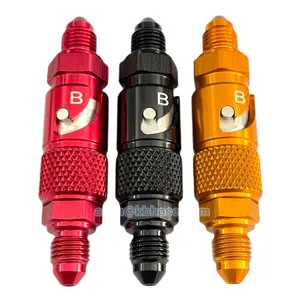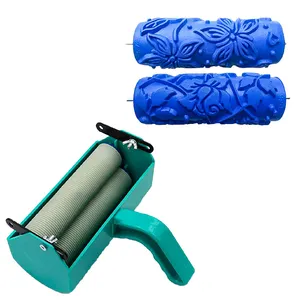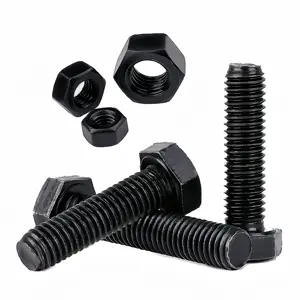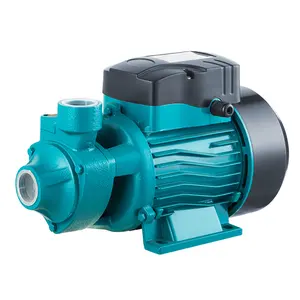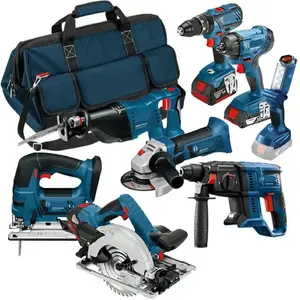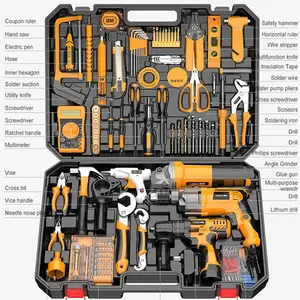Popular in your industry




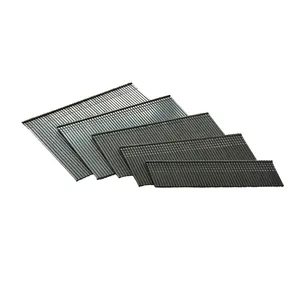






































































































































































































Top categories
About finish nails
In the domains of construction and woodworking, finish nails are indispensable, providing the crucial final touches that enhance a project's aesthetic appeal. These slim yet robust nails are crafted to offer substantial holding power while remaining discreet, thus becoming the preferred option for finishing trims and moldings.
Types and Characteristics of Finish Nails
Finish nails come in a variety of sizes and designs to suit diverse finishing tasks. For example, cordless nail gun nails are tailored for convenience and portability in settings where power is absent. Conversely, finish nailer nails are typically employed with pneumatic nailers for efficient, uniform nailing on extensive projects. The 18 gauge brad nail gun nails are ideal for intricate trim work that requires a less conspicuous nail head, while 16 gauge nail gun nails provide greater holding strength for more substantial trims and moldings. Each nail variant is engineered with a particular finish and purpose in mind, enabling craftsmen and builders to choose the optimal nail for their specific needs.
Structure and Operation of Finish Nails
The engineering of finish nails is a testament to design efficiency, balancing functionality with minimal visibility. The nail's shank, which may be smooth, fluted, or barbed, is integral to its gripping strength. Smooth shanks are typical for interior trim, whereas barbed shanks enhance grip for outdoor use. The nail head is usually diminutive and can be countersunk to align with or recede beneath the wood's surface, subsequently filled and painted for an unblemished finish. Employing a finish nail gun or a cordless brad nail gun to drive these nails is a meticulous operation that demands proper alignment and pressure to set the nail accurately without impairing the adjacent material.
Materials and Properties of Finish Nails
The materials chosen for finish nails, such as Q195, stainless steel, and brass, are selected for their robustness, longevity, and corrosion resistance. Stainless steel nails are favored for their endurance against severe weather, making them suitable for external trim work. Brass nails, with their ornamental finish, are often employed in furniture or cabinetry for their visual charm. The material selection directly influences the nail's performance and lifespan, with each offering distinct advantages like ease of handling, resistance to bending, and reduced likelihood of splitting wood.
Business Usages and Applications of Finish Nails
Finish nails are vital across various commercial contexts, from homebuilding to precision woodworking. In the construction sector, they secure moldings, baseboards, and window casings, ensuring a finish that is both robust and visually appealing. In cabinetry, finish nails affix delicate trims without fracturing the wood, guaranteeing a superior end product. These nails add business value by allowing professionals to deliver polished and enduring work, thereby elevating the overall caliber and durability of the construction or product.
Functions and Tasks of Finish Nails
Finish nails are specifically crafted to fulfill certain roles within carpentry and construction. Their principal role is to fasten materials with a hold that is potent yet inconspicuous. They are especially useful for securing lightweight trims and moldings where larger nails might cause harm or be overly visible. The cordless framing nail gun nails also offer the added benefit of mobility and ease, permitting work without the limitations of cables or hoses.
Features and Unique Selling Points of Finish Nails
The distinctive features of finish nails, such as their petite head size and the assortment of shank designs, distinguish them from other nail types. For instance, the Milwaukee finish nail gun nails are renowned for their compatibility with premium nail guns, ensuring dependable performance and user-friendliness. The DeWalt finish nailer nails are celebrated for their sturdiness and resilience, making them a favored choice among professionals who demand nails that can endure intensive usage.
Benefits and Positive Outcomes of Using Finish Nails
Employing the appropriate finish nails yields a professional and unobtrusive finish that is both secure and aesthetically pleasing. Advantages include diminished wood splitting, a neater appearance, and a more stable structure. For businesses, this equates to products and constructions of superior quality and longevity, leading to heightened customer satisfaction and a reduction in repair-related callbacks.
How to Use, Choose, Clean, Maintain, and Install Finish Nails
Effective utilization of finish nails necessitates choosing the correct nail for both the material and the job at hand. A cordless brad nail gun is optimal for small trims and fine work. When selecting finish nails, one should consider the material's thickness and the required holding strength. To clean and maintain nails, keep them free from rust and debris, which could compromise performance. Installation should be executed with a compatible nail gun, calibrated to the right pressure to ensure nails are driven at a consistent depth.
Target Audience and Meeting Needs with Finish Nails
The target demographic for finish nails comprises professional carpenters, woodworkers, and construction workers who prioritize precision and excellence in their craft. Various types of finish nails meet the diverse requirements and preferences of these experts, such as the finish nail gun cordless model for those needing flexibility and the nail gun for trim for those dedicated to interior finishing tasks. By grasping the specific demands of the target audience, finish nails are crafted to fulfill and surpass the expectations of field professionals.
What are the considerations when selecting finish nails for specific projects?
In choosing finish nails for a project, it's important to ensure compatibility with the nail gun, whether it's a cordless brad nail or paslode framing nailer nails. The nail's gauge is critical, with 18ga brad nails suited for delicate trim and 16 gauge nails for heftier tasks. The nail's material should also align with the project's demands, guaranteeing it can endure environmental conditions without failure or discoloration.
How do finish nails contribute to the longevity and aesthetics of carpentry work?
Finish nails are engineered to be barely noticeable while delivering a robust hold, thus contributing to the durability and visual appeal of carpentry projects. They accommodate wood expansion and contraction, which helps prevent cracking and splitting. The selection of a finish nail gun cordless device can also influence the precision and simplicity of installation, further improving the final look and structural soundness of the work.
What are the best practices for using a nail gun with finish nails?
When using a nail gun, such as a DeWalt finishing nail gun or a finishing Milwaukee nail gun, with finish nails, it's crucial to adjust the depth setting for consistent nail driving. The correct angle and pressure are essential to avoid nail bending or wood damage. Regular upkeep of the nail gun and employing the appropriate nails, like finish nail gun cordless nails, will lead to optimal performance and finishing quality.
